Description
About the Book
Discourse on the Origins and the Foundations of Inequality among Men contains Rousseau’s explanation of how the world got into its mess. His imagined picture of life must have been like before the state and society arose. Human contact would have been fitful, and certainly not enough for men even to develop a language. Men would have been unequal in strength and cunning in the State of Nature, but that would not have led some men to dominate others because the motive for that domination would have been lacking. Naturally unequal men in the State of Nature would simply be unequal men with nothing much to worry about. It is only in society that inequality matters.
About the Author
Jean-Jacques Rousseau was a Genevan philosopher, writer, and composer of the 18th century, mainly active in France. His political philosophy influenced the enlightenment across Europe, as well as aspects of the French Revolution and the overall development of modern political and educational thought. Rousseau’s novel Emile, or On Education is a treatise on the education of the whole person for citizenship. His sentimental novel Julie, or the New Heloise was of importance to the development of pre-romanticism and romanticism in fiction. Rousseau’s autobiographical writings—his Confessions, which initiated the modern autobiography, and his Reveries of a Solitary Walker—exemplified the late 18th-century movement known as the Age of Sensibility, and featured an increased focus on subjectivity and introspection that later characterized modern writing. His Discourse on Inequality and The Social Contract are cornerstones in modern political and social thought. During the period of the French Revolution, Rousseau was the most popular of the philosophers among members of the Jacobin Club. He was interred as a national hero in the Panthéon in Paris, in 1794, 16 years after his death.
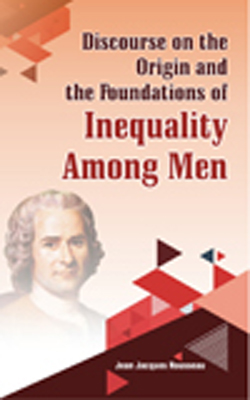




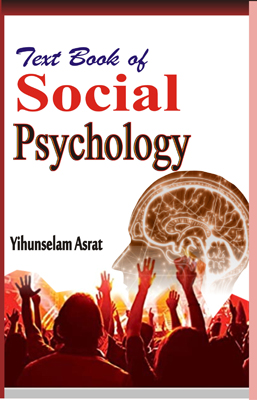
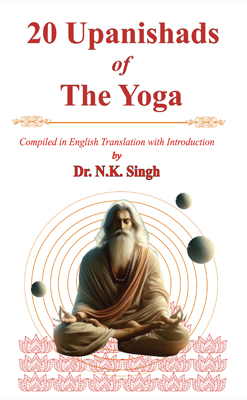

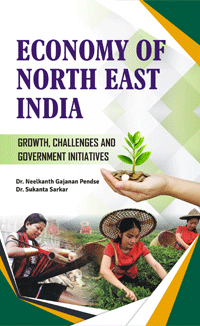
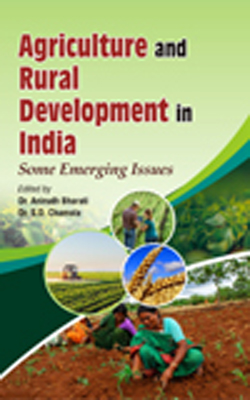

Reviews
There are no reviews yet.